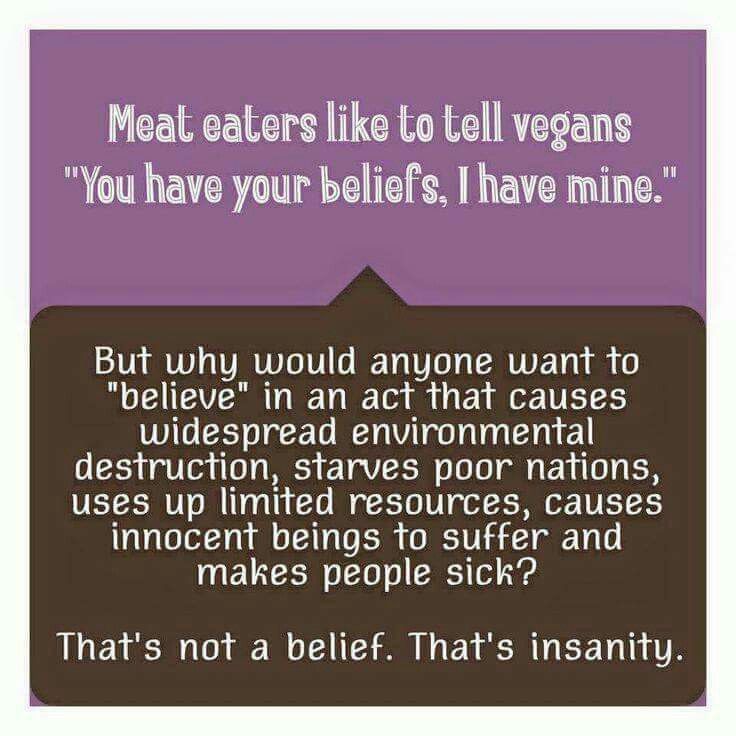
I'd like to discuss one of my pet peeves within the vegan/animal rights community.
I have been a vegetarian-then-turned-vegan since 1982. At that time, People for the Ethical Treatment of Animals--aka PETA--was about 2 years old. I can't remember when they started to add sex to their animal rights advertising or
other controversial methods as their way of getting the message out about animal cruelty but for as long as I can remember, the animal rights community has always been complaining about them.
Of course we all know that any group, business, person, etc. that is number one in popularity in any field tends to get sticks and stones thrown at them most, just by being placed at the #1 spot because of jealousy, but more than that, the animals rights community has been bitching and moaning about PETA for
decades as PETA has pretty much ignored them all and still do what PETA has always done.
Other animal rights groups
If you can't stand PETA's actions, wish they would change or wish they weren't so well-known or frankly would just wither away completely, pissing and moaning about them, insulting them, sticking pins in PETA voodoo dolls won't make them stop their actions or make them go away (well, OK
maybe using the voodoo dolls will work, but you have to be very, very careful when using
poppets--what the dolls are really originally called--as it is a very serious thing..but I digress). PETA will continue to go on being PETA with their ways so get used to it and live with it!
I find it interesting that some of these people who put down PETA that are "leaders" in the animal rights movement (you know who you are, and animal rights people know who they are) are virtually unknown in mainstream society. I know because I have asked people--even animal rights people of many years--if they have heard of these animal rights leaders--NOPE. The ONLY animal rights movement that is a well known name in mainstream society is PETA (I don't think the Humane Society and ASPCA consider themselves an "animal rights" group). And I would say probably almost every animal rights person knows something about PETA.
Instead of using so much time and energy bad-mouthing PETA (as if suffering animals in the world have time for the bickering!), these vegans/animal rights people who write articles, blog, do podcasts and other things should concentrate on becoming more vocal and present in the mainstream world by doing animal rights work in the way they feel is right, thereby educating more people about animal cruelty.
There's a saying in the psychology field that goes:
You can't change another person but you can change yourself.
In this case, you can't change PETA or make them do--or don't do--anything, but you can change your behavior and be more mature about this by being aggressively pro-active and doing high profile things, similar to what PETA does but without the sexual provocativeness. PETA doesn't have to be the only large, well known animal rights group in the world. There are other animal rights activists who are affluent that have the means to get another large, ethical vegan group going.
Don't sit around insulting PETA, pleading them to stop their tactics. Concentrate on your own group and be the best you can be. Form an
absolutely phenomenal ethical, animal rights vegan group that will rival PETA because it's done in a way that doesn't offend any sex, and that's done in a serious, mature way if you feel PETA isn't doing this. It's not like PETA can stop people from being as good--or better--in public than they are. Find ways of charming people in an honest way, getting people to see how great your animal rights organization is and the rest will follow.
As Gandhi said:
"Be the change you want to see in the world."
Instead of wanting PETA to change, be that change.












